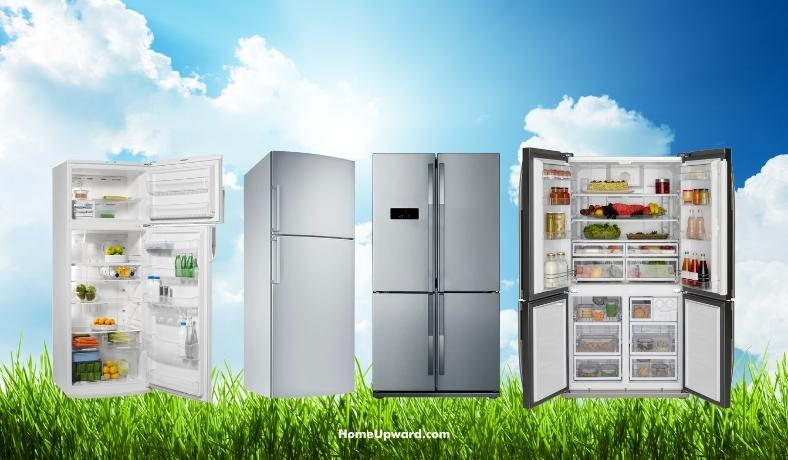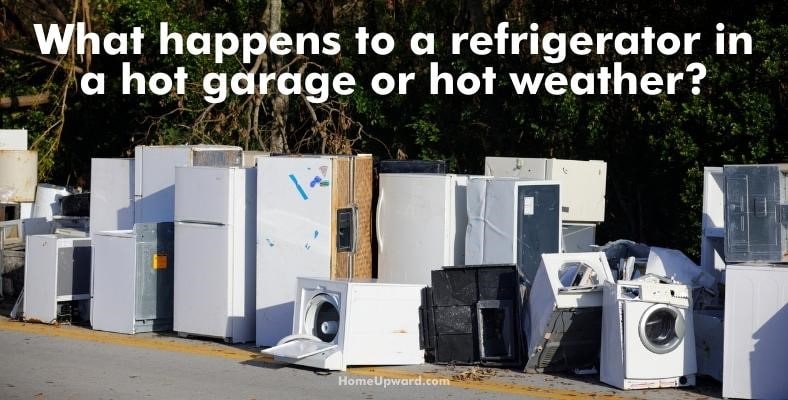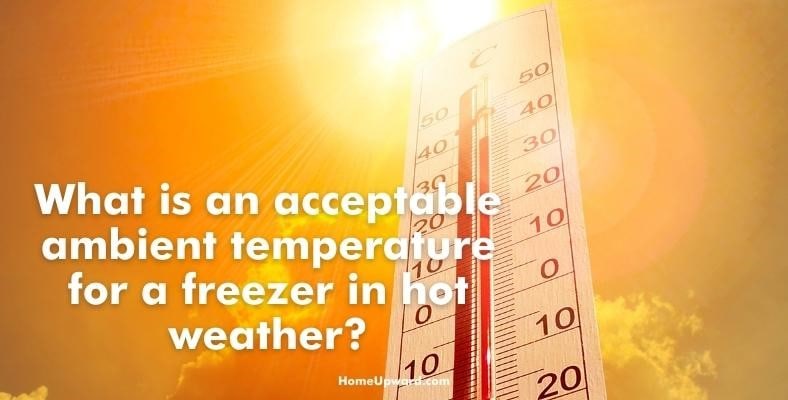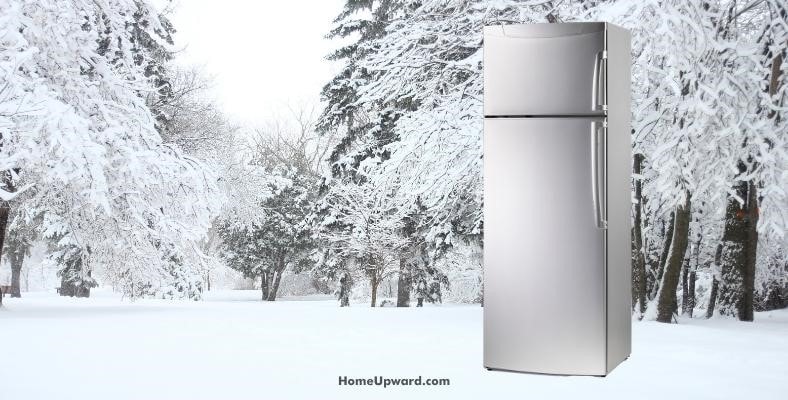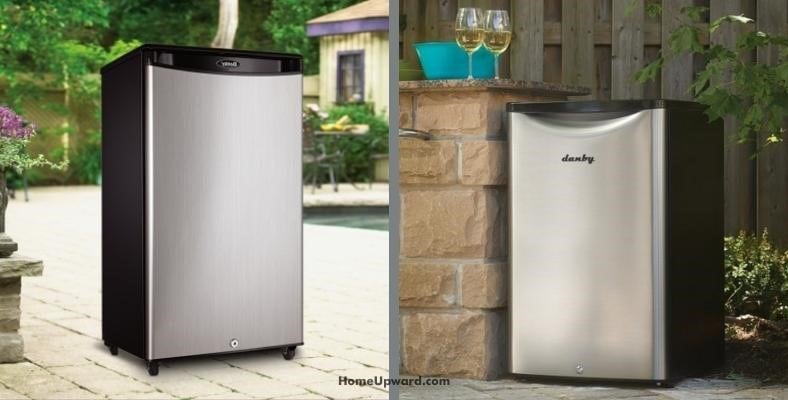Contents
What happens to a refrigerator in a hot garage or hot weather?
The warmer the outside air, the harder your refrigerator has to work. If your refrigerator is regularly exposed to hot temperatures, the prolonged stress on the motor can eventually cause it to fail.
not only that but hot air temperatures increase wear-and-tear on gaskets, seals, and other components, reducing cooling efficiency.
Do refrigerators work harder in summer?
It depends. Refrigerators have to work harder whenever the temperatures surrounding it rise. If your refrigerator is inside, and you keep the temperature of your house in the mid-60s to low 70s, your fridge should work fine.
However, if you keep your refrigerator in a garage or other area exposed to outdoor temperatures, then it will likely have to work harder in the summer, creating higher electrical bills and an increased likelihood of a breakdown.
What is an acceptable ambient temperature for a freezer in hot weather?
While specifics vary based on the model, as a general rule, refrigerators operate at maximum efficiency when the temperature of the room is between 68 and 71 degrees.
The further the temperature deviates from that range, the more likely mechanical problems will occur.
What happens to a fridge in cold weather?
Does hot weather affect refrigerators? Absolutely. But what about the cold? Interestingly, cold weather has a peculiar effect on refrigerators.
When the ambient temperature is between 60 and 32 degrees, the refrigerator doesn’t have to work as hard to keep contents properly chilled. While the reduced energy consumption might sound good, problems can result with the freezer.
If the refrigerator stops working for significant periods, a reduced amount of air is then heated by the compressor, which means the freezer will stop working. Plus, if the appliance is regularly exposed to colder temperatures, the compressor could seize.
At what outside temperature does a refrigerator stop working?
A fridge will start to run into issues when the temperature surrounding it is regularly over 90 or below 32 degrees. While other factors, such as the type of fridge and how full you keep it, also play a role, exposure to temps beyond those two limits will typically result in engine damage and impaired performance.
Is it OK to keep a refrigerator outside?
Yes, but you’ll need to keep a few things in mind. First, the refrigerator needs access to a standard household outlet that provides 110 volts of power. Otherwise, the motor will end up working too hard.
Also, for best results, you’ll want a refrigerator designed explicitly for outdoor use. They typically have large compressors, more refrigerant, and built-in heaters to prevent the condenser coils from freezing.
Can you run a refrigerator in an unheated garage?
Does cold weather affect refrigerator function in an unheated garage? Yes, although the garage provides some protection against the weather outside, cold temps can still affect performance.
You’ll need to make sure your garage refrigerator isn’t consistently exposed to temperatures above 90 or below 32. It’s pretty much pointless to use one in very cold temperatures and you may also cause damange to the parts in some cases.
Can you put a refrigerator on a covered porch?
Yes, but with many of the same precautions about placing one outside. You’ll want to keep it out of direct sunlight and away from any source of water including rain.

